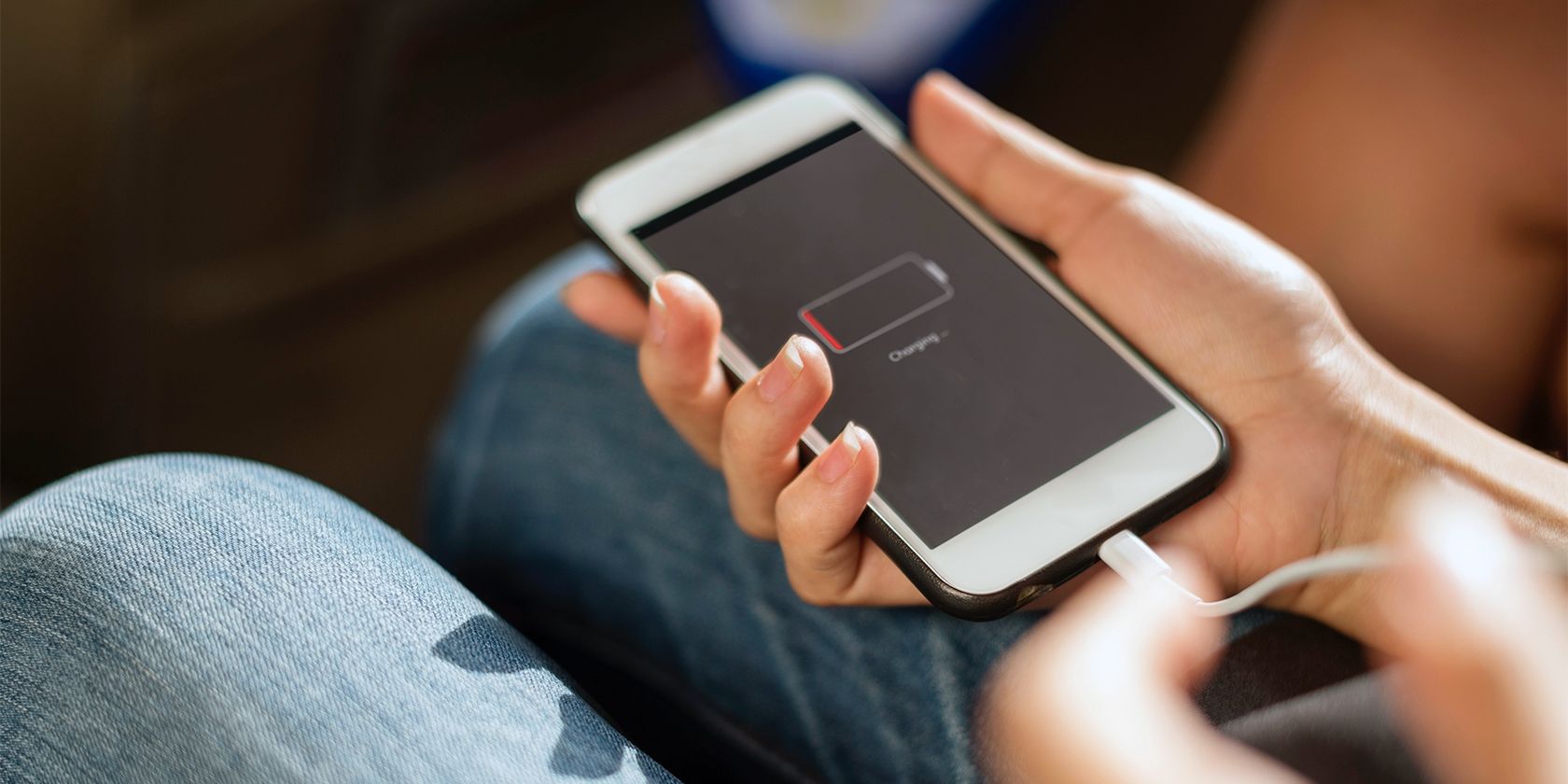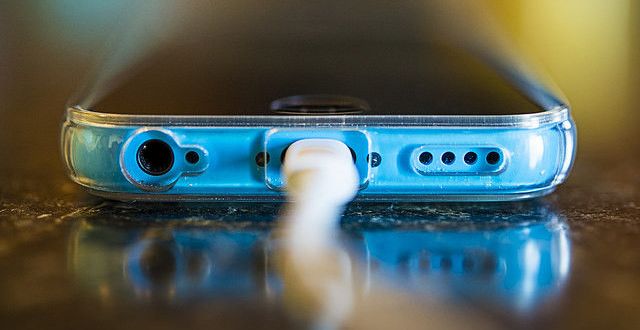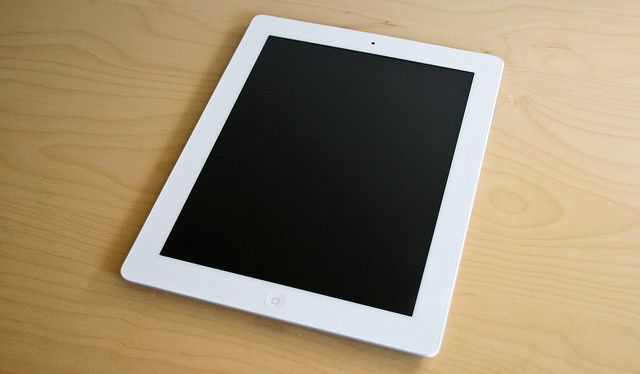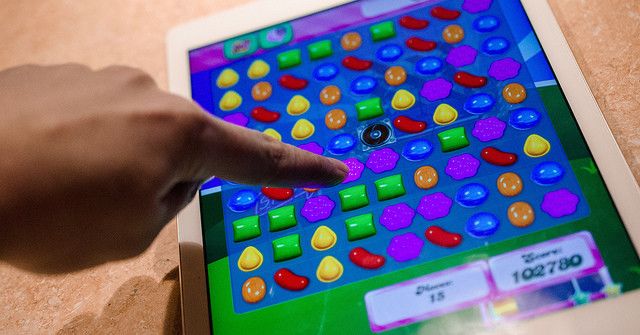We went on a fact-seeking mission to uncover some of the most common myths and misconceptions about mobile device batteries. In doing so, we found some insightful information on what you can do to increase battery life, efficiency, and longevity.
Our focus for today leans more towards smartphones, laptops, and other non-removable batteries. So, let's strap in and clear the air about some of these commonly-held mobile battery myths.
1. Non-OEM Chargers Damage Batteries
Part of us believes that this one might have been started—or at least perpetuated—by the phone manufacturers. While modern smartphones have razor-thin margins, the accessory market features markups above 1,000 percent in some cases.
Pay no mind to those that warn you away from non-OEM solutions. What you should be avoiding, however, are knock-offs. These are the chargers that claim to be authentic—or non-branded generics—that sell for peanuts (sometimes one-fourth the price or lower) compared to the authentic version.
There's a lot of fearmongering playing into this rumor as well. We've all heard the stories of the unfortunate soul who had a phone catch fire or even exploded after plugging it into an off-brand charger. We wish we could say this was a myth, but it's not.
Events like this happen due to cheap import chargers (off-branded or knockoffs) that might look like your OEM charger but use substandard materials. These makers aren't worried about how their products work, how safe they are, or even if they're using the same wiring gauge.
Knock-offs may even have completely different amperage or voltage ratings that aren't necessarily in line with what's recommended for your device. These variations lead to excess heat, fire, and sometimes even explosions.
Now that we've thoroughly scared you, we want to reassure you that there are good options. Trusted brands like Belkin or Amazon's own line of non-OEM chargers and accessories—AmazonBasics—are perfectly fine for the discerning consumer.
2. Avoid Using Your Device While It Charges
Plug it in. Turn it on. Fire it up. Your phone, that is.
Not only is using your smartphone or tablet while charging entirely non-detrimental for your battery but bending over in all sorts of odd positions while trying to remain tethered to a 3-foot charger is also great exercise.
Kidding aside. There is no truth to the myth that you can't use the device as it charges. The only detrimental thing we could find was more of a common-sense realization: it'll charge slower while you're using it.
How slow depends on what you're doing, but it's rather obvious that using your device while trying to recharge its battery minimizes the effectiveness of the exercise. The reason for this is two-fold:
- You're using the battery while you're replenishing it.
- Your phone throttles performance to avoid overheating since the phone gets hotter while charging (according to an Apple representative we spoke to about another myth below).
That said, even if you're not using your device, the chances are that it's still actively using the battery for something. Whether that something is syncing to the cloud, downloading updates, or just running internal processes, it's using some battery unless the device is off.
3. Always Charge Batteries to Full Before Using Them (and Don't Plug in Your Device Unless Your It Is Fully Depleted)
When phones, tablets, and other mobile devices were still using NiMH and NiCd batteries, you had to fully discharge from 100 to 0 percent to keep their capacity. This is known as the "memory" effect.
The idea of battery memory persists, and if we had to guess, it's mostly confusion based on the recommendation of some manufacturers that you let your smartphone battery fully discharge periodically.
This has little to do with your actual battery—or its non-existent memory—and more to do with how your device interprets battery usage. This reboot is strictly to recalibrate the battery usage "time gauge" to give more accurate readings on how much battery life you have left while using your smartphone.
Most modern batteries are Li-ion, which perform better when you don't fully discharge them, although letting them deplete completely doesn't dramatically affect lifespan and has no effect on capacity.
Most people don't realize that the actual threat to your battery is in the number of charge cycles. A charge cycle is the number of times your battery goes from being dead—or nearly dead—to full.
Each battery has a limited number of charge cycles before the performance begins to degrade. Keeping the device in the 50 to 80-percent sweet spot is the key to avoiding a high number of charge cycles and thus extending the life of your battery.
You could completely ignore this advice, and your phone or tablet battery should still last several years. They're smart, durable, and long-lasting even without any special care.
4. Don't Charge Mobile Devices Overnight
There is a lot of conflicting information about this myth. During our research, we actually found more than a few well-respected tech blogs offer clashing opinions on whether or not it was acceptable to leave your device on the charge for 8 or 9 hours while you slept each night.
Rather than further muddying the waters, we decided to call upon some experts from both the iOS and Android camps. Since it's not abundantly clear which side is correct, we phoned Apple's tech support and then decided to double-check the information and be sure that it was the same for Android devices as well.
First, the Apple rep (James):
"...it's absolutely fine to charge an iPhone, iPad or MacBook overnight. All Apple devices are designed to limit incoming power once they reach a full charge."
So, Apple says it's fine, but James did offer up another piece of information before we got off the phone.
"What I would worry about is allowing it to charge on your bed. If the phone gets covered with a pillow or blanket or something it could overheat because phones get slightly hotter when they charge. Most phones are in cases that don't allow heat to dissipate properly once they begin to overheat and heat kills batteries."
Simple enough. Charging your device overnight is fine, but don't charge it in your bed, or you risk additional heat, and heat kills batteries.
We then called AT&T, one of the largest retailers of Android devices in the United States. Once we got connected with tech support, we asked the same question.
"Yes. Charge the phone at night and unplug it in the day. If you do not leave the device on the charger too long you will have no problems."
There you have it. Two major device manufacturers. Two tech support guys. Two matching answers. It's as good as we're going to get.
5. Task Managers and App Killers Extend Battery Life
Task managers aren't just unnecessary—they're often responsible for performance decreases that are worse than the RAM-hungry apps they're designed to kill. You shouldn't be using them at all, and if you do, it's probably doing more harm than good.
Android and Apple are both remarkably efficient in allocating resources to background apps. RAM is usually the culprit, and if you check usage statistics, you might find that background processes are using up quite a bit of your system resources.
When the additional resources are needed for the app you're using, the device will automatically re-allocate these resources from the apps you aren't.
Besides, using your RAM is a good thing. Here's what the Android Developers Forum has to say about resource allocation:
"Empty RAM is useless. Full RAM is RAM that is being put to good use for caching apps. If Android needs more memory, it will force-quit an app that you haven’t used in a while – this all happens automatically, without installing any task killers."
6. It's Not Necessary to Turn Off Your Mobile Device (Turning Off Your Device Can Damage the Battery)
You can turn off your device any time you aren't downloading or installing system updates. In fact, you should turn off your device from time to time to give it a break.
In this rather humorous exchange from way back in 2011, David Carnoy (CNET) details his discussion with an Apple Genius (tech support crew) who likened an iPhone that is never turned off to a car that sits idling all the time, "it's not doing much, but it's still running."
There aren't any set-in-stone recommendations for this, but a commonly held belief is that you should turn your phone off at least occasionally because internal components have finite lifespans.
The CNET discussion highlighted that most of us use $500+ devices as alarm clocks rather than shutting the phone off and allowing it some downtime.
7. Turning Off Wi-Fi/GPS/Bluetooth Saves Battery
GPS is a background service, which means it isn't doing much unless you're actively using it. GPS is only in use when you're looking for directions, adding location details to emails or social media posts, and running other processes that use the GPS.
Wi-Fi actually uses less battery than maintaining a cellular data connection. According to Apple's Performance Tips, you should leave your smartphone's Wi-Fi enabled if you want to save battery. How's that for debunking a myth?
Modern smartphones with Bluetooth 5.0 or above and Low Energy protocol mean that you can leave Bluetooth enabled and not worry about battery life at all.
Anything running on your phone, even background apps, tasks, and processes, use some battery. But none of the items commonly believed to cause severe battery drains (those mentioned above) are responsible for much more than a trickle of battery here and there. None of these on their own—or in combination —will drain your battery unless you're currently using them.
If you want to save battery life, dim your screen. Your eyes could use a break anyway.
8. Phone Calls/Internet Use/Downloading Files Uses Battery Fastest
The truth is that gaming and other graphics-intensive processes will drain your battery the fastest. Streaming video or online (connected) games on your smartphone or tablet (or even your laptop) are responsible for the most dramatic battery drain on your device.
Just about everything else pales in comparison. Facts aside, this is still one of the most persistent smartphone myths, and it doesn't appear to be going away anytime soon.
Have You Fallen Victim to One of These Myths?
As explained above, these myths are mere myths that are not true in real life. If you have been following one of these, relax and let it go. You are better off without it.
Do you have doubts about fast charging? Check out this article where we have discussed if it's terrible for your phone.





